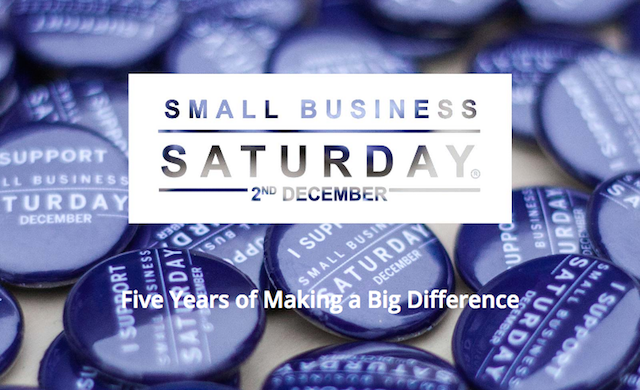
by Janet | Feb 22, 2021 | entrepreneurs, Food for thought, marketing, Training
Why am I more important than I was a month ago? Because clearly I am! And, before you start to mutter under your breath about me having over-inflated ideas of my own value, a lot of it is to do with perception. OK, so let’s have a look at this curious statement;...

by Janet | Feb 5, 2021 | sales tips, sales training, Training
You wouldn’t ask me to marry you on our first date would you? Think about it – it’s uncomfortable, pressurising and there is an imbalance of benefit (I’m a great catch, so I get why you want to marry ME, but what’s so great about YOU)....

by Janet | Feb 4, 2021 | customers, sales tips, Training
How to get your sales from A to B Would you like to earn more money? If the answer is ‘yes’, I have another question – would you like to do it easily and authentically? Assuming you probably said ‘yes’ to that as well, why isn’t...

by Janet | Jan 27, 2021 | sales training
Well, what is Small Business Saturday? The website www.smallbusinesssaturdayuk.com explains: Small Business Saturday UK is a grassroots, non-commercial campaign, which highlights small business success and encourages consumers to ‘shop local’ and support small...

by Janet | Jan 3, 2021 | entrepreneurs, marketing, sales tips
He’s 13 years old, so obviously he knows how to cold call better than me! OK – It’s Hallowe’en and I’m doing Trick or Treating with my 2 children and their 9 year old cousin. Clear instructions are issued: Only go to the houses with...






